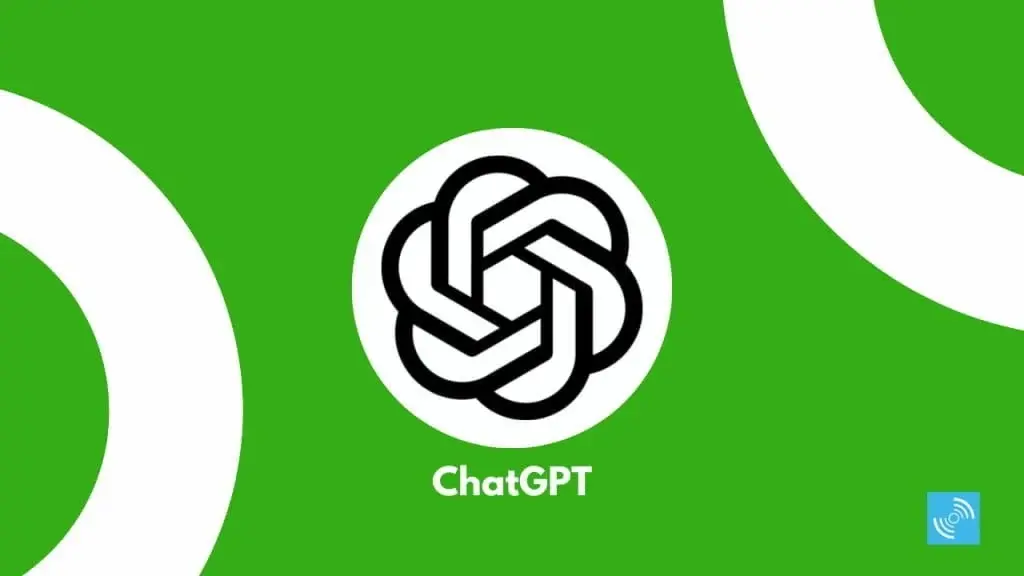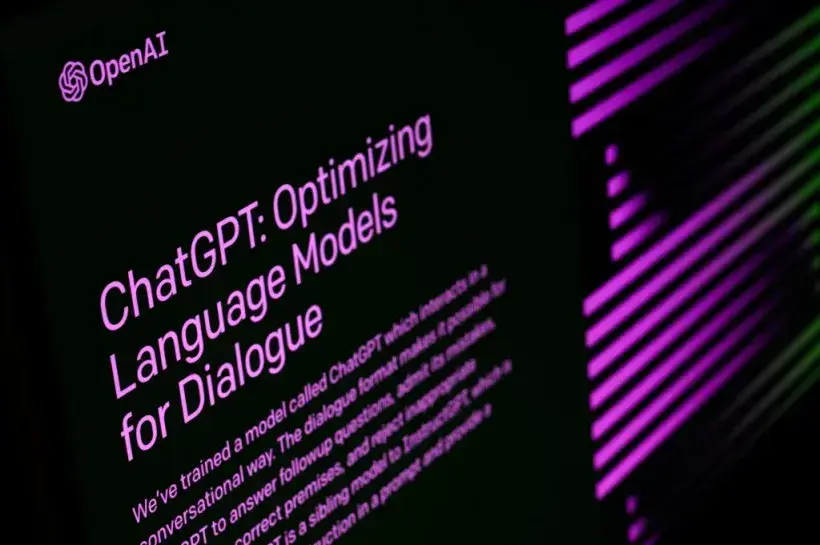OpenAI’s ChatGPT: A Game-Changer in User-Centric AI
OpenAI’s ChatGPT has taken the AI world by storm, amassing over 100 million weekly users in less than a year. This rapid growth is a testament to the platform’s ability to revolutionize our digital experience. OpenAI’s recent developer conference showcased groundbreaking features that promise to further integrate AI into our daily lives.
Customizable GPTs: Empowering Users
One of the most exciting announcements from the conference was the introduction of customizable “GPTs.” This feature allows users, regardless of their coding expertise, to create their own personalized ChatGPT models. Whether you need a Creative Writing Coach or a Tech Advisor, these AI models can be tailored to meet individual needs.
This move towards user-centric AI is a game-changer. It signifies a future where artificial intelligence is not limited to tech-savvy individuals but becomes an integral part of our everyday tasks. By removing the barrier of complex programming skills, OpenAI is making AI more accessible and enhancing productivity and creativity. To further facilitate the distribution of these custom AI models, OpenAI is setting up a GPT Store, making them readily available to users.
GPT-4 Turbo: Smarter and More Cost-Effective
OpenAI’s “GPT-4 Turbo” is another exciting development that promises a smarter and more powerful AI. This new iteration of GPT is not only more potent but also significantly more cost-effective for developers. By offering a cost-effective solution, OpenAI is ensuring that AI technology becomes more accessible to a wider range of developers.
In addition to GPT-4 Turbo, OpenAI has also introduced the Assistants API. This API allows developers to integrate GPT’s AI capabilities into their applications seamlessly. By enabling AI integration, OpenAI is making sure that its AI technology becomes more integrated into the software ecosystem.
OpenAI’s ChatGPT is leading the charge in user-centric AI innovation. With customizable GPTs and the introduction of GPT-4 Turbo and the Assistants API, OpenAI is pushing the boundaries of what AI can achieve. The future looks promising as AI becomes more accessible, powerful, and seamlessly integrated into our daily digital experience.


